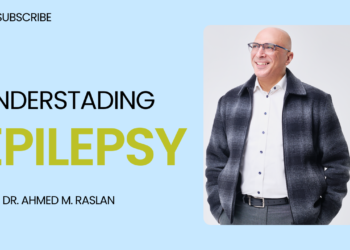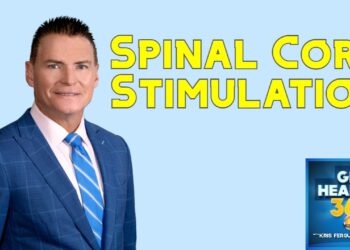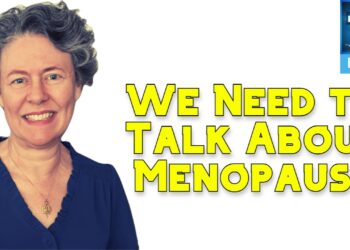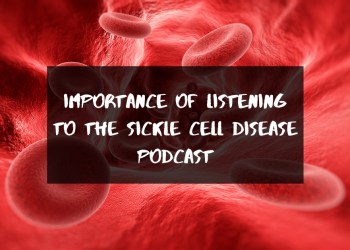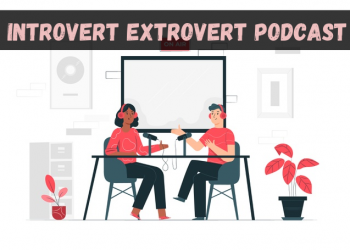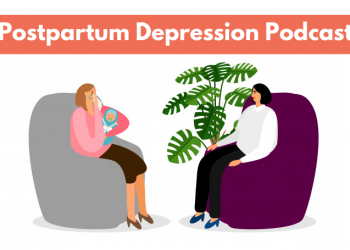What you need to know about non-drug treatments for chronic pancreatitis pain
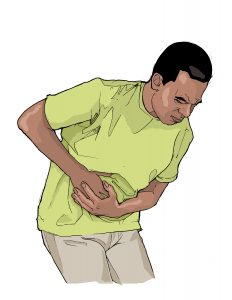 Chronic pancreatitis has many causes: alcohol use, autoimmune disorders like inflammatory bowel disease, primary biliary cirrhosis, chronic liver disease, a narrow pancreatic duct, gallstones or pancreatic stones, cystic fibrosis, high levels of triglyceride fats and genetics.
Chronic pancreatitis has many causes: alcohol use, autoimmune disorders like inflammatory bowel disease, primary biliary cirrhosis, chronic liver disease, a narrow pancreatic duct, gallstones or pancreatic stones, cystic fibrosis, high levels of triglyceride fats and genetics.
If treatments by a gastroenterologist (stomach doctor) have failed, an alternative to drugs is a spinal cord stimulator (SCS). Discuss with your interventional pain physician.
The Research
Curr Treat Options Gastroenterol. 2016 Sep;14(3):360-70. doi: 10.1007/s11938-016-0100-4.
Interventional Pain Management Approaches for Control of Chronic Pancreatic Pain.
1 Carolinas Pain Institute, Winston-Salem, NC, 27103, USA. lkapuralmd@gmail.com.
2 Carolinas Pain Institute, Winston-Salem, NC, 27103, USA.
Abstract
OPINION STATEMENT:
Treatment of persistent pain from chronic pancreatitis historically was difficult to treat. For years, focus was on opioid and other analgesics and psychological treatments. Recent studies provided evidence for decrease in analgesic intake and pain scores after properly conducted sympathetic blocks (celiac, splanchnic nerve blocks). These therapies should be considered as parts of a multimodal analgesic strategy. Animal studies suggest that spinal cord stimulation suppresses visceral hyperalgesia. Large case series of spinal cord stimulation demonstrated a significant pain relief in patients with chronic pancreatitis. Given the limitations of conservative and surgical treatments for chronic visceral pain, spinal cord stimulation may be a very useful therapeutic option.
KEYWORDS:
Celiac plexus block; Chronic abdominal pain; Chronic pain syndrome; Chronic pancreatitis; Spinal cord stimulation; Splanchnic block; Visceral hyperalgesia

